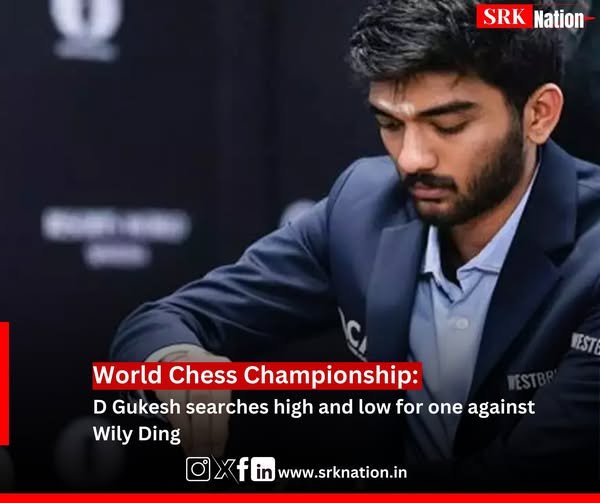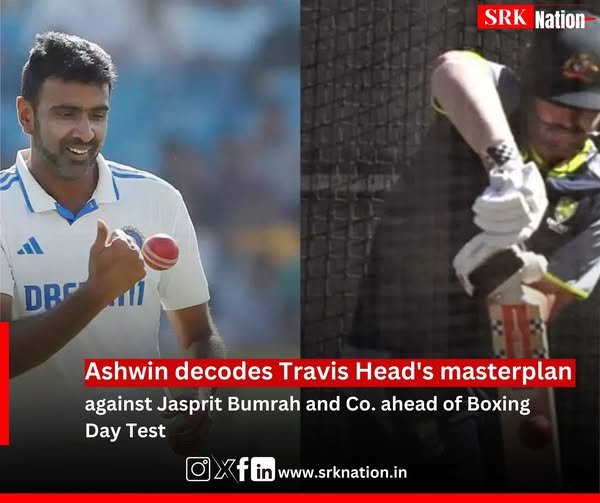Prove it over the board! This seems to be reigning champion Ding Liren’s message to challenger D Gukesh. But it is not being said as emphatically. “Ding is roasting Gukesh without being intentional about it,” pointed out world No. 3 Hikaru Nakamura on his YouTube stream. He was reacting to Ding’s confession of the eighth game that he felt he was losing in the opening and losing towards the end too.
Though Gukesh has been the more dominant player in this World Chess Championship match in Singapore so far, the scores are level at 4.5 points apiece after nine of 14 games. He has emerged as a better player in the opening preparation and in taking initiatives too. But in fresh, fluid and tricky positions, Ding is uncorking the better sequence of moves. Besides surviving self-doubts and evaluations — or at least, what he’s telling the world — he is slowly putting Gukesh under pressure.
Ding plays with white pieces on Saturday after Friday’s rest day.
“As it gets closer and closer, it’s getting more exciting,” said Gukesh. Was he trying to convey that he was ready for a possible heart-stopping climax or was he trying to put up a brave front and not betray any nerves.
Gukesh has enjoyed an upper hand in this classical battle so far, but he has failed to land the uppercut. And it’s understandable if his supporters are feeling a bit uneasy. For, if Ding comes up with a decisive counterpunch and takes lead in the match, both the margin for recovery and time for mental regrouping would be minimal. In addition, the 32-year-old Ding is considered a better rapid player (Elo 2776) than the 18-year-old (Elo 2654) if the contest moves to tiebreaks in case of 7-7 tie.
Some pundits got carried away by Gukesh’s form and predicted that he could win (reach 7.5 points) with a couple of games in hand. As it stands, the Indian needs to log an unthinkable three successive wins to make that happen.
Former five-time world champion Magnus Carlsen told Take Take Take: “Ding would want to control the match, but he is not capable and Gukesh doesn’t want to control and is not actively trying to. He is not necessarily capable. This match is fascinating because both players had their weak and good moments.”
Since no player has been completely lost out in the opening, despite many new ideas and difficult posers, the fights are inevitable, especially due to early deviations from the main lines. “There must come a point when Gukesh feels the stakes are little too high to take the risks he is taking now. But if he is willing to take the risk, this match will be fascinating,” added Carlsen.
A series of six successive draws is nothing new for the World Championship match since 2006, but as many draws have happened for the first time after decisive games (first and third in the ongoing match), not from a 0-0 situation.
A younger and higher-ranked player being favourite against the reigning champion is not a first in the World Championship history. But Carlsen in 2013 against Anand was a far more skilful and wilier player than Gukesh seems to be at this point. But you can’t fault the latter for lack of focus or preparedness.
Carlsen added that Ding will straightaway accept the draw offer without thinking much in unclear positions. Crucially, playing on has not helped Gukesh so far. The 18-year-old has also conceded that such a stance of not going for a draw through three-fold repetition, won’t have any psychological impact on Ding.

See insights
Boost a post
Like
Comment
Send
Share






